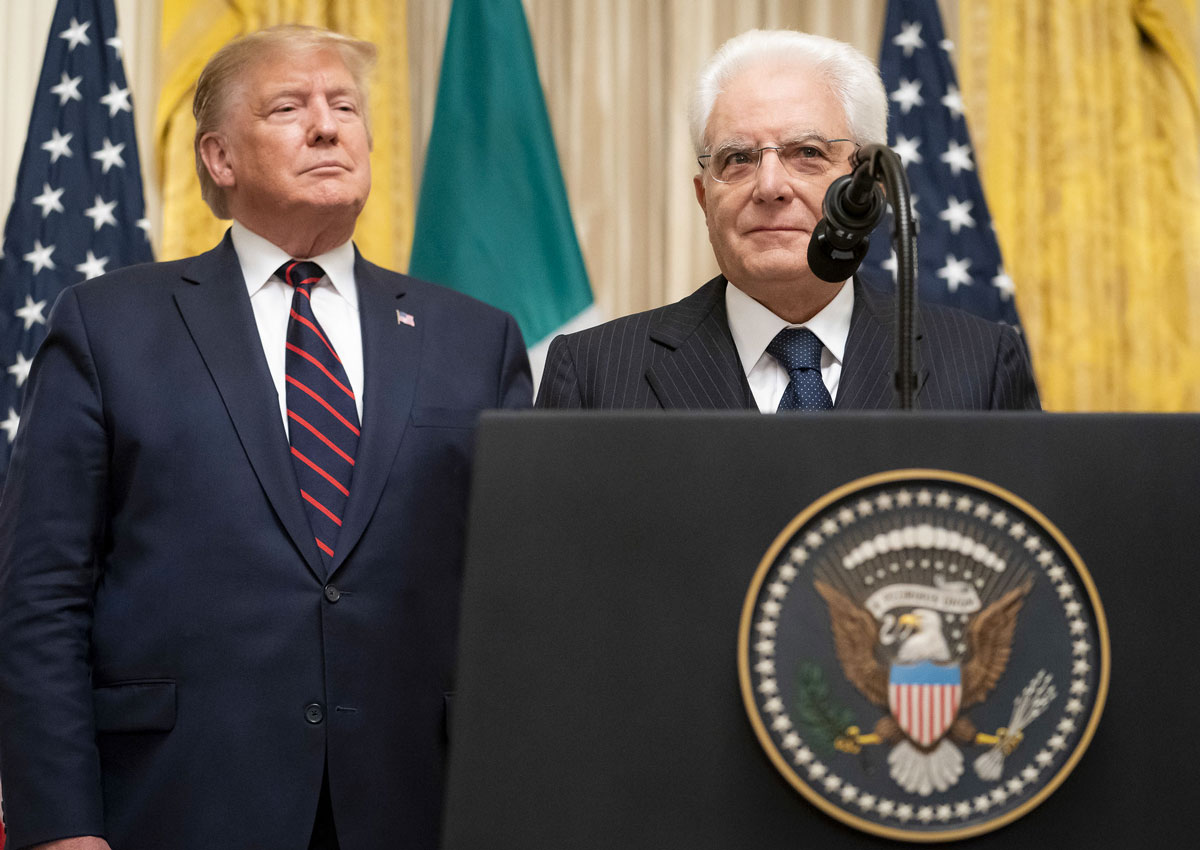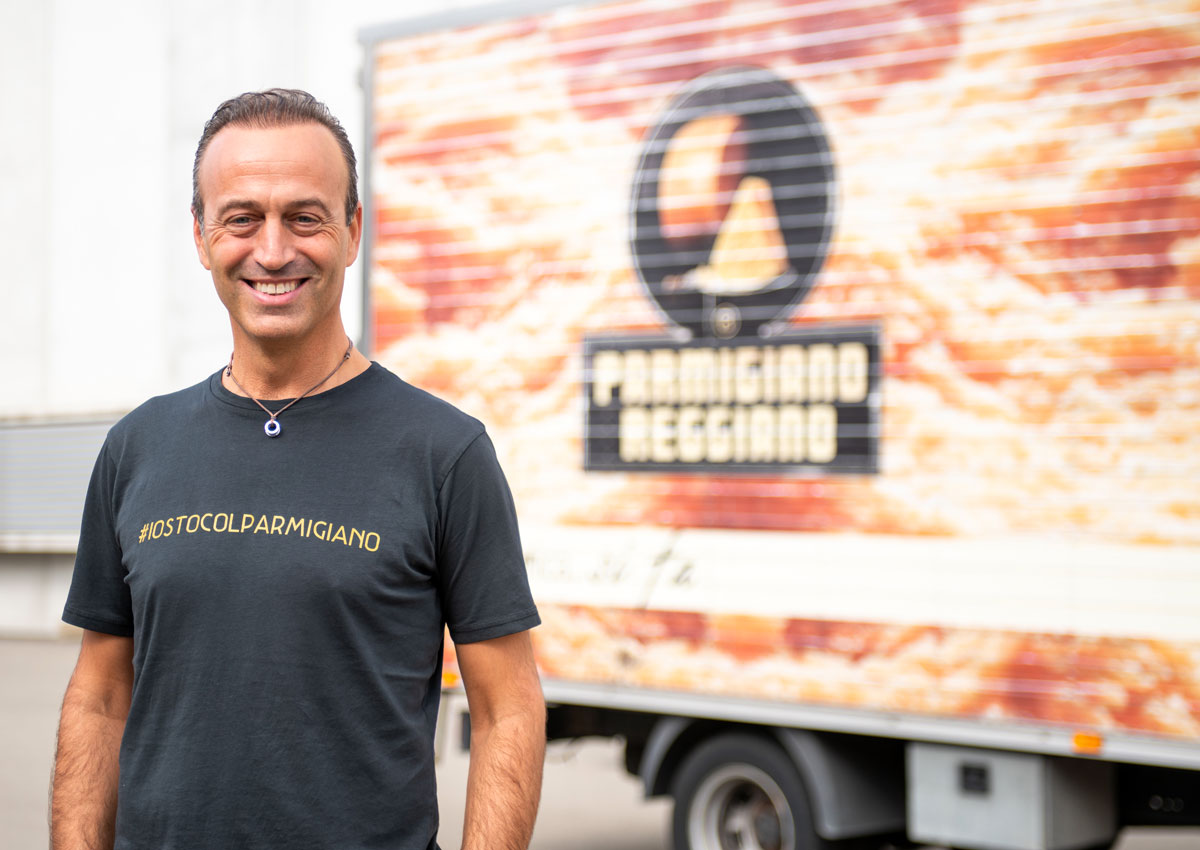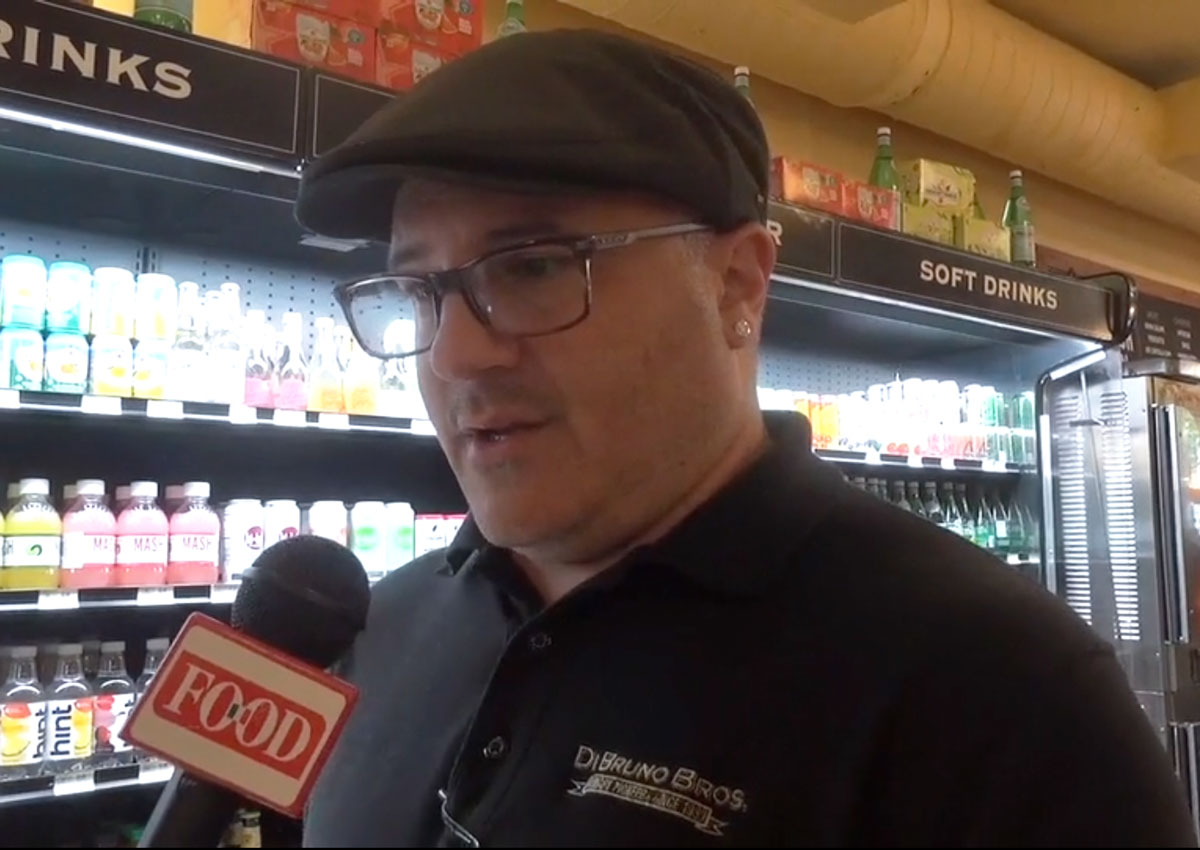
As the Italian food industry prepares for the imminent impact of higher US tariffs on some of its most iconic exported products, US President Donald Trump opened to a request from Italian President Sergio Mattarella to look into a decision that unfairly penalizes Italy, one of its closest allies and trade partners.
Italy, which is not part of the Airbus consortium at the heart with Boeing of the EU-US dispute over subsidies to plane manufacturers, faces tariffs of 25% on imported goods, especially in three main food categories: cheese, liqueurs and cured meat.
“We’re talking to the President (Mattarella, editor’s note) about that as it pertains to Italy. He thought we were a little bit harsh on Italy, and we don’t want to be harsh on Italy. We’ll never do that. So we’ll look at that very strongly,” Trump told reporters after meeting on Wednesday with the President of Italy at the White House.
“We will look at that for you. That was one of the requests made. And we will be taking a look at that,” Trump added.
Mattarella called for cooperation with the United States to prevent an escalation and retaliation.
“We are aiming to define solutions that can strengthen our relationships because commercial trade tensions are to the benefit of no one. We feel that imposing tariffs on one another mutually is counterproductive and it damages both of our economies,” Mattarella said.
117.2 MLN USD OF EXPORT REVENUES AT RISK
The economic impact of the higher duties on the targeted Italian food products is estimated at 117.2 million dollars, according to the Minister of Foreign Affairs and the Italian Trade Agency. The tariffs are due to come into effect on October 18. (Check here table 2 for a list of single products and the impact of the tariffs)
The Consorzio Parmigiano Reggiano said it will be hit the hardest by the new tariffs. Retail prices in the US for the King of Cheese will rise from 2.15 dollars per kg to around 6 dollars. If the price of the cheese today is of around 40 dollars per kg, from tomorrow on the shelf it will be selling for more than 45 dollars per kg, the consortium said, launching the hashtag #iostocolparmigiano.
“We are saddened because this will unfairly hurt one of the strongest sectors of our economy,” said Nicola Bertinelli, the president of Consorzio Parmigiano Reggiano. He called on the government and the EU to help producers redistribute the cheese that will remain unsold in the US.

MIGNUCCI (DI BRUNO BROS) SEES IMPACT ON SPECIALTY CHEESE
“As for the tariffs, we should be fine for the rest of the year but I do believe that there could be an impact in Q1 2020. I think the impact will be on the more specialty cheeses that cost a little bit more and not the standards like Parmigiano Reggiano, Gorgonzola, or taleggio. We may see some pecorino cheeses slow down since they have not been subject to duties in the past,” said Emilio Mignucci, Vice President DI BRUNO BROS.
In a few months, the World Trade Organization is expected to rule over the second leg of the dispute – the US subsidies to Boeing. The decision could pave the way for EU’s tariffs on US goods.
The United States Trade Representative (USTR) – the trade body of the US – published a list of all the EU imported goods targeted by the tariffs for a total value of up to 7.5 billion dollars per year.
The list published on the Federal Register on October 9 is available here.
A total 93 categories of Italian food products are on the list, but only 47 have a positive value in terms of exports.


